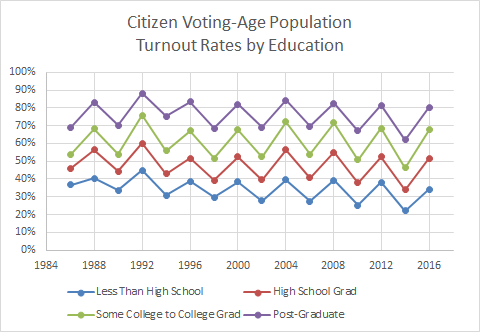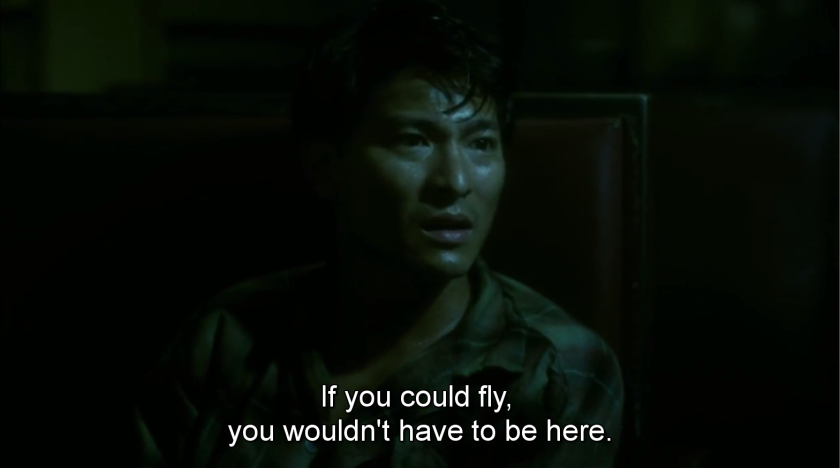
On Plato’s Republic, parts I-IV
Fuck it.
Nathan Robinson asks, “Can philosophy be justified in a time of crisis?” He elaborates:
One of the most important, but least asked, philosophical questions is: which philosophical questions are worth asking and which are a waste of time? I think, as I argue in my (non-existent) academic paper “Can Philosophy Be Justified In A Time Of Crisis?”
[…]
Every area of thought, then, has some implicit hierarchy of what constitutes a useful addition to the sum of human knowledge. What’s strange to me, though, is that even though every field quite clearly distinguishes between thoughts that are worth having and thoughts that aren’t, there’s often little inquiry into how those notions of “the thoughts worth having” are built and whether they are sound.
Yeah, I know.
I’m going to deal with this seriously and under the assumption of good faith, so let’s be uncharitable at first. Robinson has gotcha’d the field of philosophy with a bunch of classic questions from the field of philosophy, which is hilarious, and I couldn’t help but wonder if I was being trolled. I’m pretty hot headed, so far be it for me to accuse anyone of being comically arrogant. Let me offer a life hack instead. Since these questions are hard, reading a few books is often faster than reinventing epistemology, making philosophy, at the very least, a good way to avoid embarrassing yourself. There, done.
This style isn’t unique to Robinson, he doesn’t deserve special blame, he’s just loud and sometimes I read him. Feel free to hunt down the same sentiment [literally anywhere], or tell me that I’m wrong because some sadsack humanities puppet gets 1000 words on “critical thinking” sandwiched between the culture war and the Gell-Man ammunition. At that point you may as well give up. Equally bad arguments: “to debate the value of philosophy is philosophy,” which is true, but fighting fire with fire is less desirable than not having a fire in the first place. “Science wouldn’t exist without philosophy,” which is also true, but one-and-dones are just that. Chemistry also needed baths of hazardous chemicals but I don’t see anyone volunteering to chug Hg when they pop an aspirin. Robinson et al. deserve a serious answer from someone without mercury poisoning.
As a line of last resort, you have “ethics,” which is wrong. Current Affairs et al. aren’t against practical philosophy, they’re against hyphenated philosophy, which is a distinction everyone but philosophy professors understand. You can tell that they don’t understand it because their justifications are always in favor of philosophy’s import for “ethics” and “also ethics,” without considering the relationship of “even more ethics” to the ontological status of sets.
A crude human caricature (Ivory, 2011) sneers that “philosophy is its own justification,” but this is not philosophically or historically true. Philosophy books traditionally went out of their way to justify the practice, and the traditional response is the correct one. It’s also a long one, I’m going to take my time narrating how it comes to be before explaining why it comes to be that, so this part holds much tighter to Plato than others. For the purposes of this article, Plato and Socrates are identical thinkers. I’m contractually obligated to point out that this is academically unjustifiable, but I’m not an academic nor a philosopher. Ok.
First, why do you care about anything? Continue reading “Footnotes. 1.”











